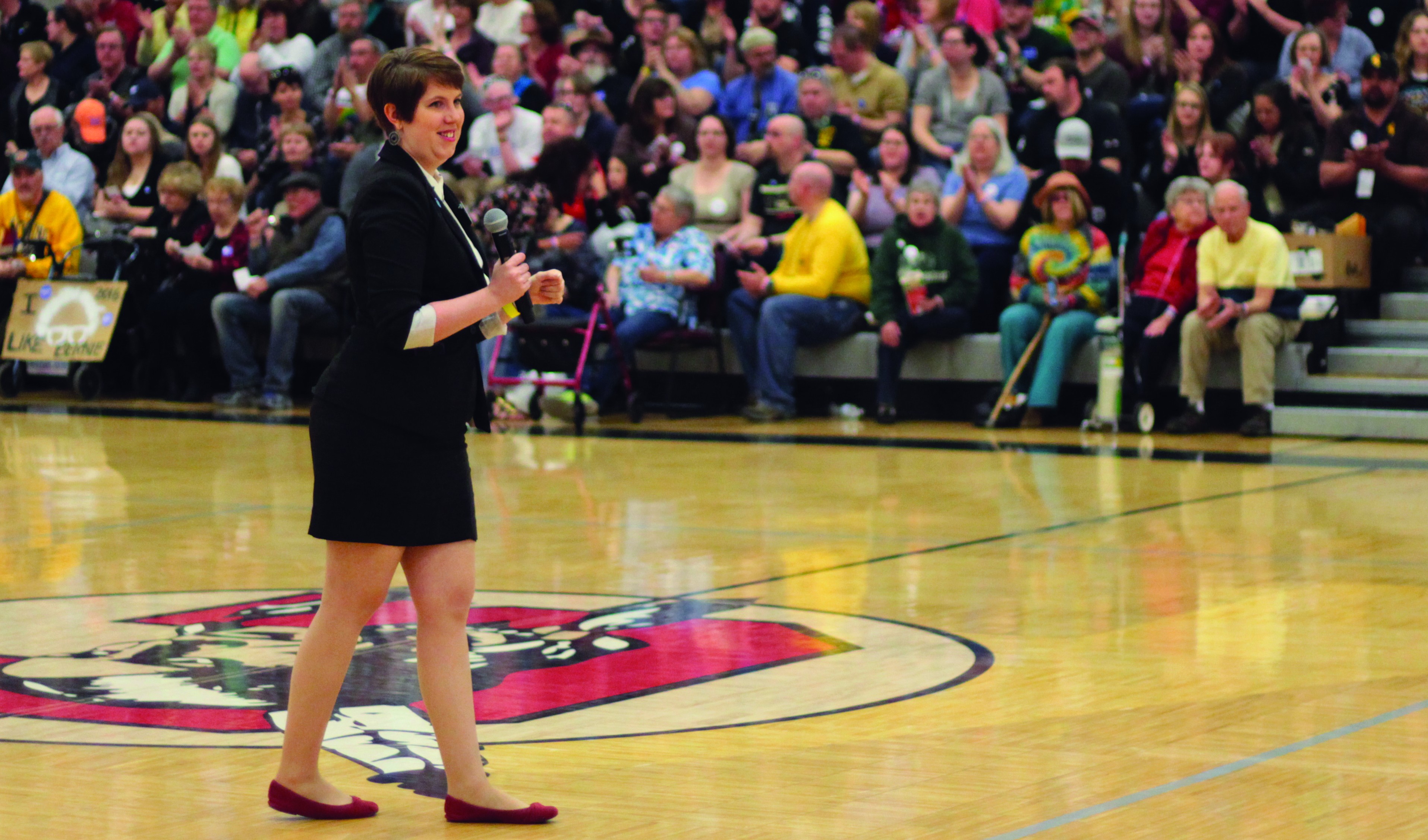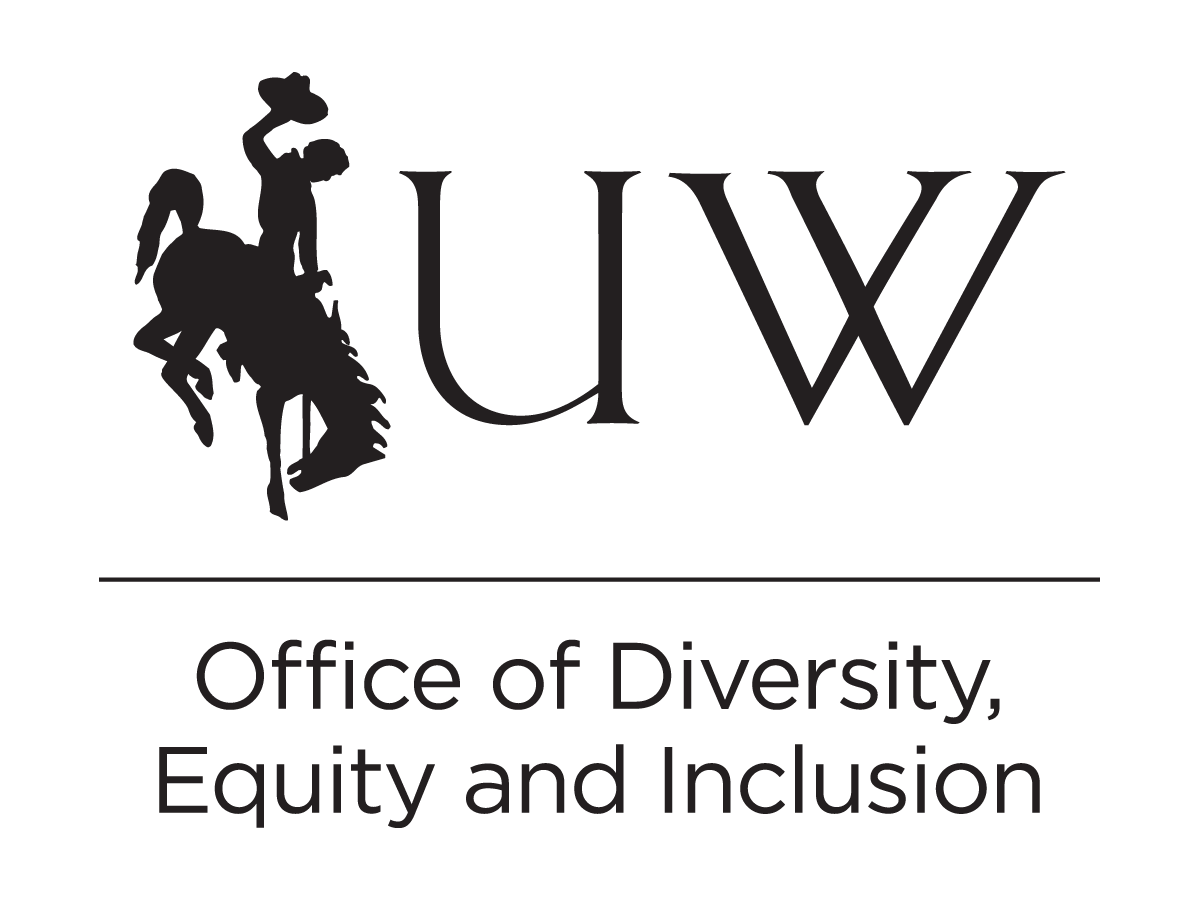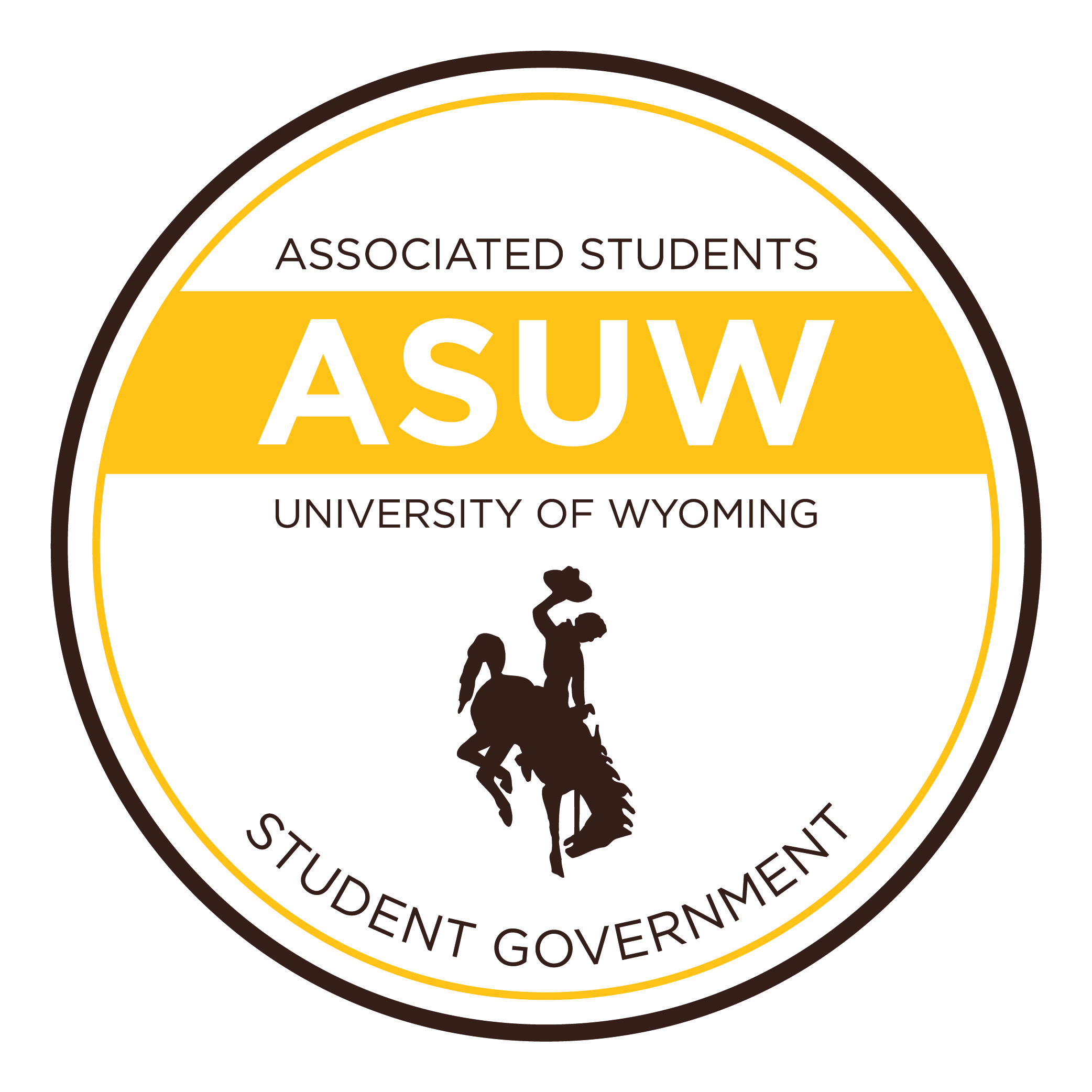Lucas Robertson
lrober22@uwyo.edu
With the Democratic National Convention nearly two thirds of the way through state primaries and caucuses, voters are seeing Hillary Clinton and Bernie Sanders within a 250-delegate margin at the moment; however, Clinton has taken the vast majority of super delegates causing many Democratic Party affiliates to raise suspicion on voter bias.
The Democratic National Convention, a private entity, is the only major political party that institutes a system of super delegates to weigh in more prominently during state primaries and caucuses. Each state has a certain amount of elected officials, who must be Democratic Party members, allowed to represent a single delegate vote.
Rather than certain percentages of people voting one way or another on which candidate will receive their region’s delegate, a single person is given the authority to speak for the delegate vote, Tenna Gabriela, department head of political sciences, said.
In Wyoming, Sanders won by 56 percent in the popular vote in the state caucus; however, Clinton still took the majority of democratic delegates.
As voting continues, some people are crying foul play as a majority of super delegates are not voting in conjunction with how their region voted.
“It seems to me that if a state votes for a candidate, that they earn the super delegates,” Jason Palumbo, Shocktoberfest owner and Sanders supporter, said. “Since when are you supposed to not vote for what the people want?”
As it has been reviewed so far, there is no reason to believe that any campaign or state/federal official has broken the rules of the DNC by tampering with the super delegate system. As it stands, all happenings within the DNC are subjected to privatized rules. There is no congressional or judicial authority within how the DNC goes about selecting its candidate.
“The delegate model is more democratically based in the notion that a delegate will vote directly as the population expects,” Gabriela said. “Should super delegates act as individuals who have the responsibility of voting their conscience or should they vote consistent with the popular vote?”
There has been some criticism toward DNC super delegates who voted during the time of their state’s primary or caucus, and therefore did not wait and see how their state and more specific regions popularly voted, Gabriela said.
All super delegates reserve the right to change their vote at any time, leaving some hopeful their representative will vote in accordance to the decision made by the populace they represent. However, the vast majority of super delegates who already voted have vowed to maintain their vote as it stands regardless of how the remainder of the convention goes, Jeff Lockwood, professor of philosophy and creative writing, said.
“Political parties are private entities, not the government. There’s no necessary relationship between democratic principles and how parties put forward candidates,” Lockwood said. “They’re not bound by principles of representativeness – one person one vote – democratic process, they can use whatever rules they want”.
Both candidates are familiar with DNC rules and regulations, and neither campaign has called for a recount or investigation into the goings on of the super delegate processes, Lockwood said.
Palumbo said, “These people will not want a hung primary, or a contested primary, that would be bad. So the longer you go, the longer the process gets drawn out, the worse the super delegates look. Why aren’t they talking more?”



